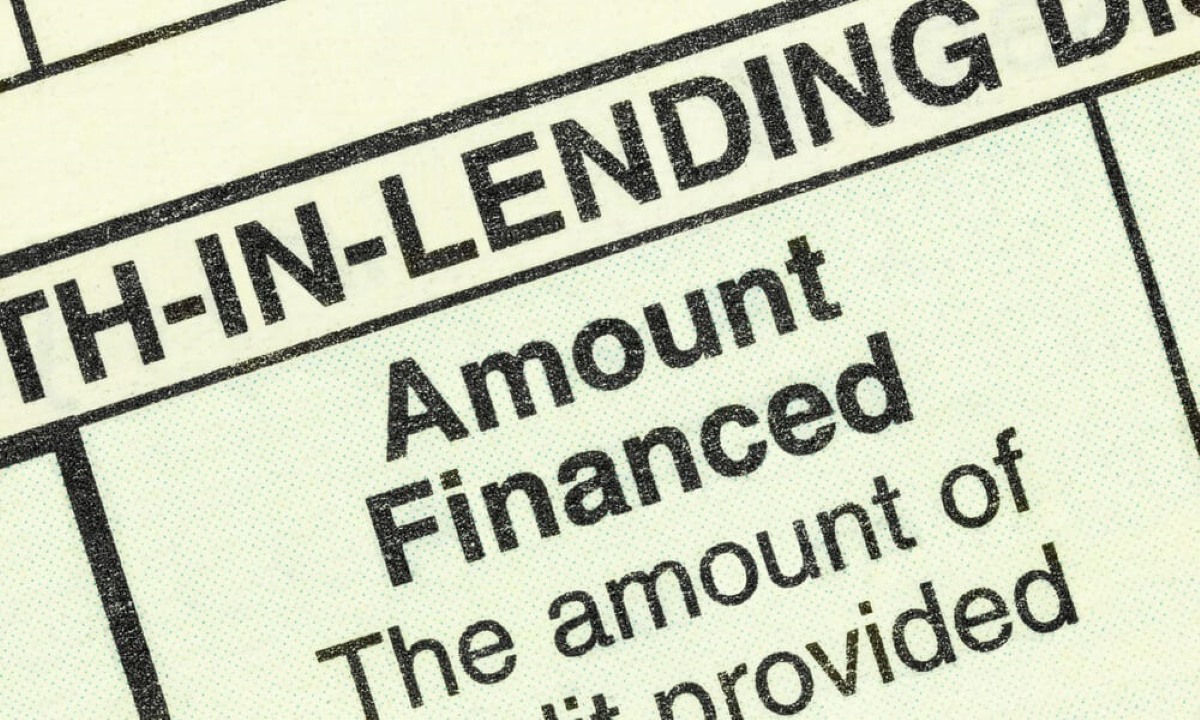

Finance
What Is Grace Period For FSA?
Published: February 21, 2024
Learn about the grace period for flexible spending accounts (FSA) and how it impacts your personal finance. Understand the benefits and implications for managing your FSA effectively. Gain financial insights now!
(Many of the links in this article redirect to a specific reviewed product. Your purchase of these products through affiliate links helps to generate commission for LiveWell, at no extra cost. Learn more)
Table of Contents
Introduction
Financial planning is a crucial aspect of managing one's life, and it's essential to explore tools and resources that can aid in this endeavor. Flexible Spending Accounts (FSAs) are a valuable component of many individuals' financial strategies, offering a means to set aside pre-tax funds for qualified medical expenses. One key feature of FSAs is the grace period, which provides account holders with an extended timeframe to utilize remaining funds after the plan year ends.
Understanding the intricacies of FSA grace periods can significantly impact how individuals approach their healthcare expenses and overall financial planning. This article will delve into the concept of FSA grace periods, shedding light on their benefits and limitations. By gaining insight into this aspect of FSAs, readers can make informed decisions about leveraging these accounts to their fullest potential.
The FSA grace period serves as an extension beyond the standard plan year, offering a valuable opportunity for account holders to maximize the utility of their allocated funds. By comprehending the nuances of this feature, individuals can effectively navigate the complexities of healthcare expenses and optimize their financial resources. Let's delve deeper into the significance of FSA grace periods and how they can influence financial planning and healthcare management.
Understanding FSA Grace Period
The FSA grace period is a valuable provision that extends the usability of funds allocated in a Flexible Spending Account beyond the traditional plan year. Typically, the standard plan year for FSAs ends on December 31st, and any remaining funds would be forfeited if not utilized for eligible expenses. However, with the grace period, participants are granted additional time, usually up to 2.5 months after the plan year ends, to incur expenses and utilize the remaining funds from the previous year’s allocation.
During the grace period, account holders can continue to use their FSA funds for qualified medical expenses, including co-pays, deductibles, prescription medications, and various healthcare services. This extension provides a valuable opportunity for individuals to address any outstanding healthcare needs or to stock up on eligible medical supplies before potentially forfeiting the remaining funds.
It’s important to note that the specifics of the grace period may vary depending on the FSA plan, so participants should carefully review the details provided by their plan administrator. Understanding the duration and guidelines of the grace period is essential for effectively leveraging this extension and maximizing the utility of FSA funds.
By comprehending the purpose and parameters of the FSA grace period, individuals can make informed decisions regarding their healthcare expenses and financial planning. This understanding empowers account holders to strategically allocate their FSA funds, taking full advantage of the grace period to address healthcare needs and optimize their financial resources.
Benefits of FSA Grace Period
The FSA grace period offers several significant benefits to account holders, enhancing the flexibility and usability of allocated funds. Understanding these advantages can empower individuals to make informed decisions and maximize the value of their Flexible Spending Accounts.
- Extended Opportunity for Fund Utilization: One of the primary benefits of the FSA grace period is the extended timeframe it provides for utilizing remaining funds. This additional window, typically up to 2.5 months after the plan year ends, allows participants to address outstanding medical expenses and access necessary healthcare services without forfeiting the allocated funds.
- Strategic Planning for Healthcare Expenses: The grace period enables individuals to strategically plan and schedule healthcare expenses. Account holders can leverage this extension to schedule appointments, purchase prescription medications, or undergo medical procedures during this period, optimizing the use of their FSA funds.
- Minimization of Fund Forfeiture: By utilizing the grace period to exhaust remaining FSA funds, participants can minimize the risk of forfeiture. This proactive approach ensures that pre-tax dollars allocated to the FSA are utilized for eligible expenses, maximizing the financial benefits of the account.
- Financial Relief and Flexibility: The extended grace period can provide financial relief to individuals, especially in situations where unexpected or significant healthcare expenses arise towards the end of the plan year. This flexibility allows account holders to address healthcare needs without undue financial strain.
These benefits collectively underscore the value of the FSA grace period, offering account holders a valuable opportunity to manage healthcare expenses effectively and optimize their pre-tax funds. By leveraging the grace period, individuals can navigate their healthcare needs with greater flexibility and financial prudence, aligning their FSA utilization with their overall financial wellness.
Limitations of FSA Grace Period
While the FSA grace period provides valuable extensions for utilizing allocated funds, it is important to be aware of certain limitations associated with this provision. Understanding these constraints can help account holders navigate their Flexible Spending Accounts effectively and make informed decisions regarding their healthcare expenses.
- Restricted Use for Non-Medical Expenses: During the grace period, FSA funds remain designated for qualified medical expenses. Unlike the general plan year, where some FSAs may allow the purchase of over-the-counter medications and supplies, the grace period typically maintains restrictions on non-medical expenditures.
- Plan-Specific Guidelines: The parameters of the grace period may vary based on the specific FSA plan. Participants should carefully review the details provided by their plan administrator to understand the duration and any plan-specific guidelines associated with the grace period.
- Impact on Subsequent Plan Year: It’s important to consider the impact of the grace period on the subsequent plan year. Any funds carried over from the grace period into the new plan year may affect the maximum contribution limit for that year, potentially requiring adjustments in financial planning.
- Forfeiture Risk Post-Grace Period: While the grace period provides an extension for fund utilization, any remaining FSA funds after this period may still be subject to forfeiture. Account holders should be mindful of this timeline to avoid potential loss of funds.
These limitations highlight the need for prudent financial management and strategic planning when leveraging the FSA grace period. By understanding the constraints associated with this extension, individuals can effectively navigate their healthcare expenses and optimize the utility of their Flexible Spending Accounts within the defined parameters.
Conclusion
The FSA grace period stands as a valuable tool within the realm of financial planning and healthcare management, offering account holders an extended window to utilize pre-tax funds allocated for qualified medical expenses. Understanding the nuances of this provision is essential for individuals seeking to maximize the value of their Flexible Spending Accounts and navigate their healthcare expenses with prudence and flexibility.
By comprehending the benefits and limitations of the FSA grace period, participants can make informed decisions regarding the strategic utilization of their allocated funds. The extended opportunity for fund utilization, strategic planning for healthcare expenses, and minimization of fund forfeiture underscore the advantages of the grace period, empowering account holders to address healthcare needs effectively while optimizing their financial resources.
However, it is crucial to be mindful of the limitations associated with the grace period, including restrictions on non-medical expenses, plan-specific guidelines, and potential impacts on subsequent plan years. Navigating these constraints requires a thoughtful approach to financial management and prudent utilization of FSA funds within the defined parameters.
In conclusion, the FSA grace period serves as a valuable extension that aligns with the overarching goal of promoting financial wellness and responsible healthcare planning. By leveraging this provision effectively, individuals can mitigate the risk of fund forfeiture, address healthcare needs with flexibility, and optimize the utility of their pre-tax dollars, ultimately contributing to a holistic approach to financial and healthcare management.














